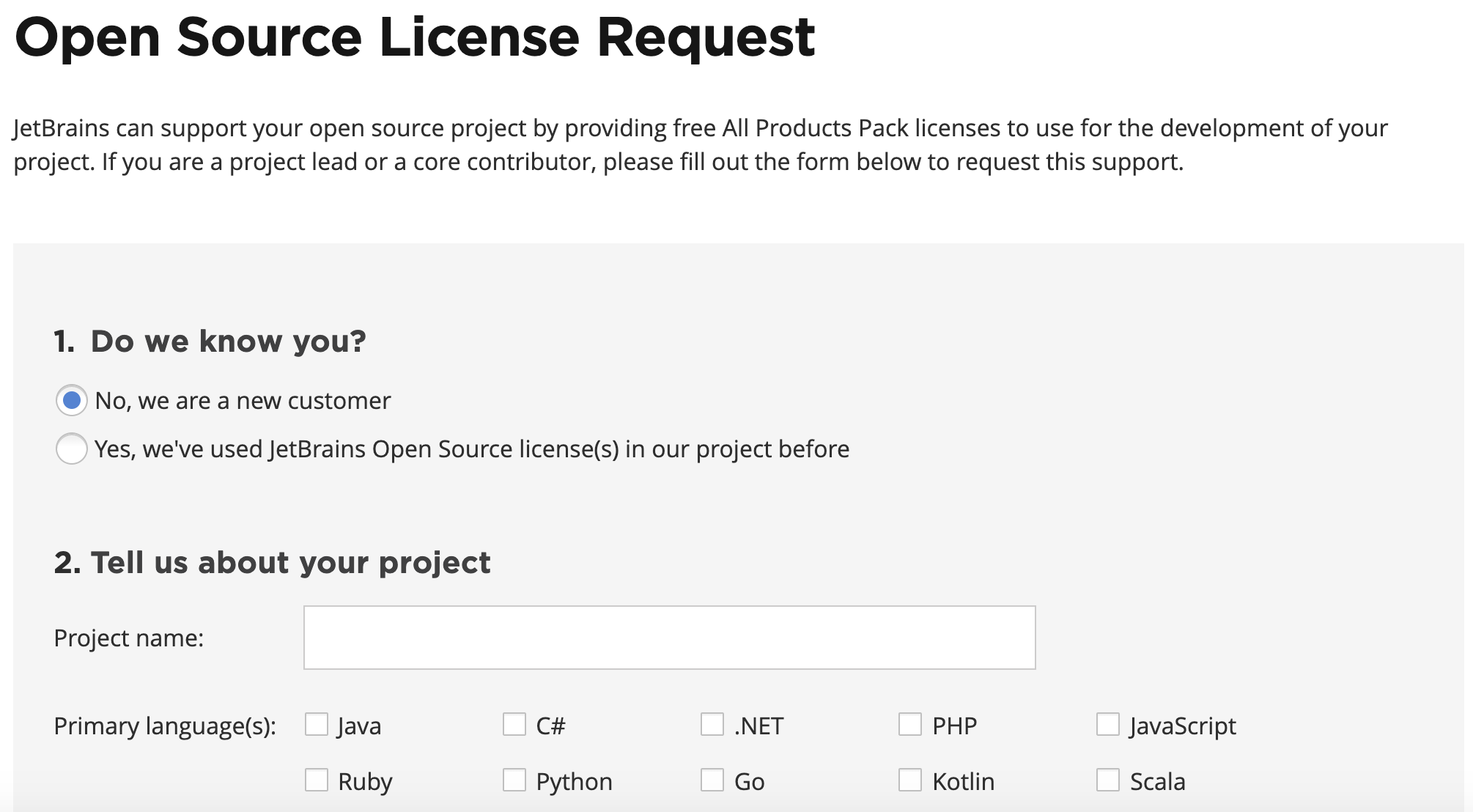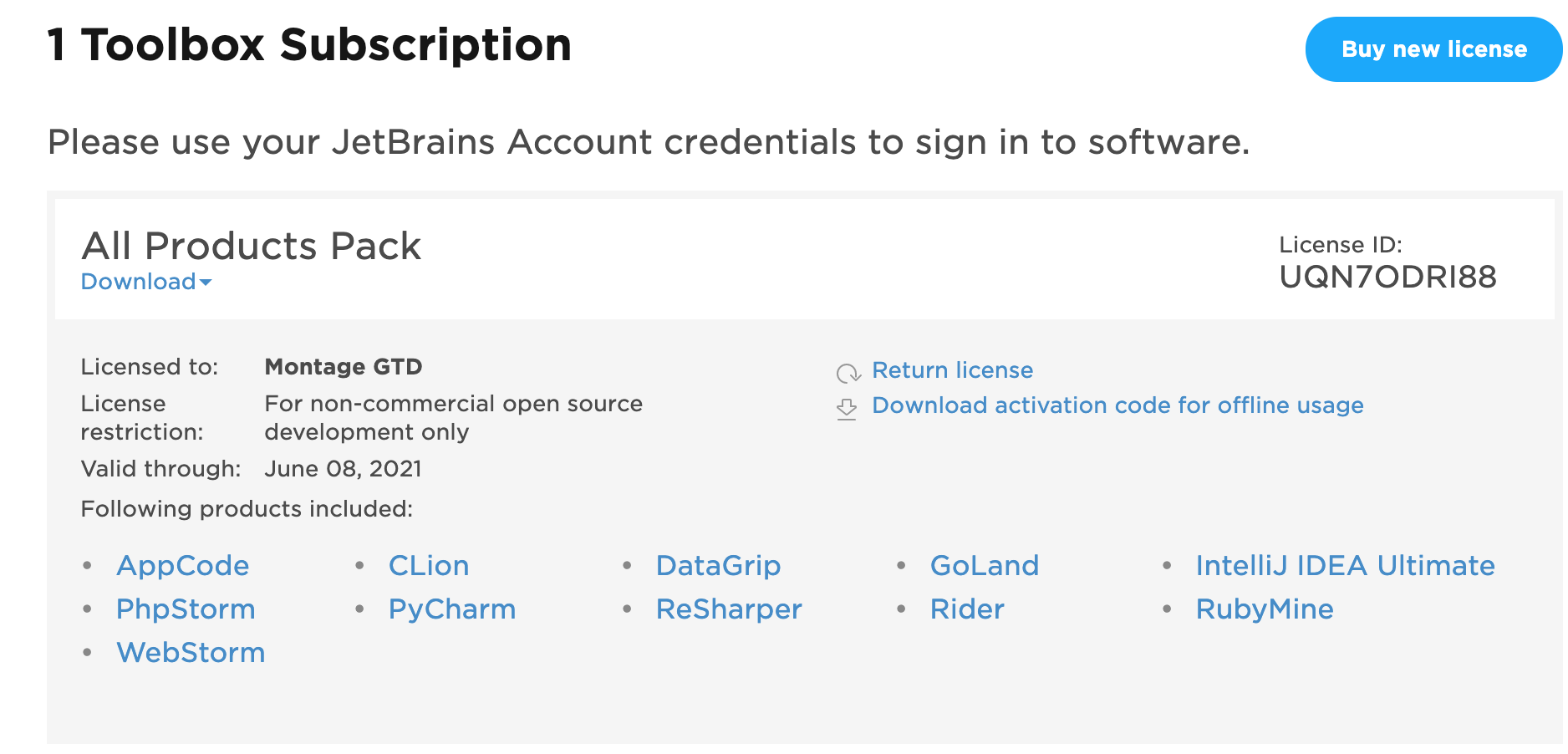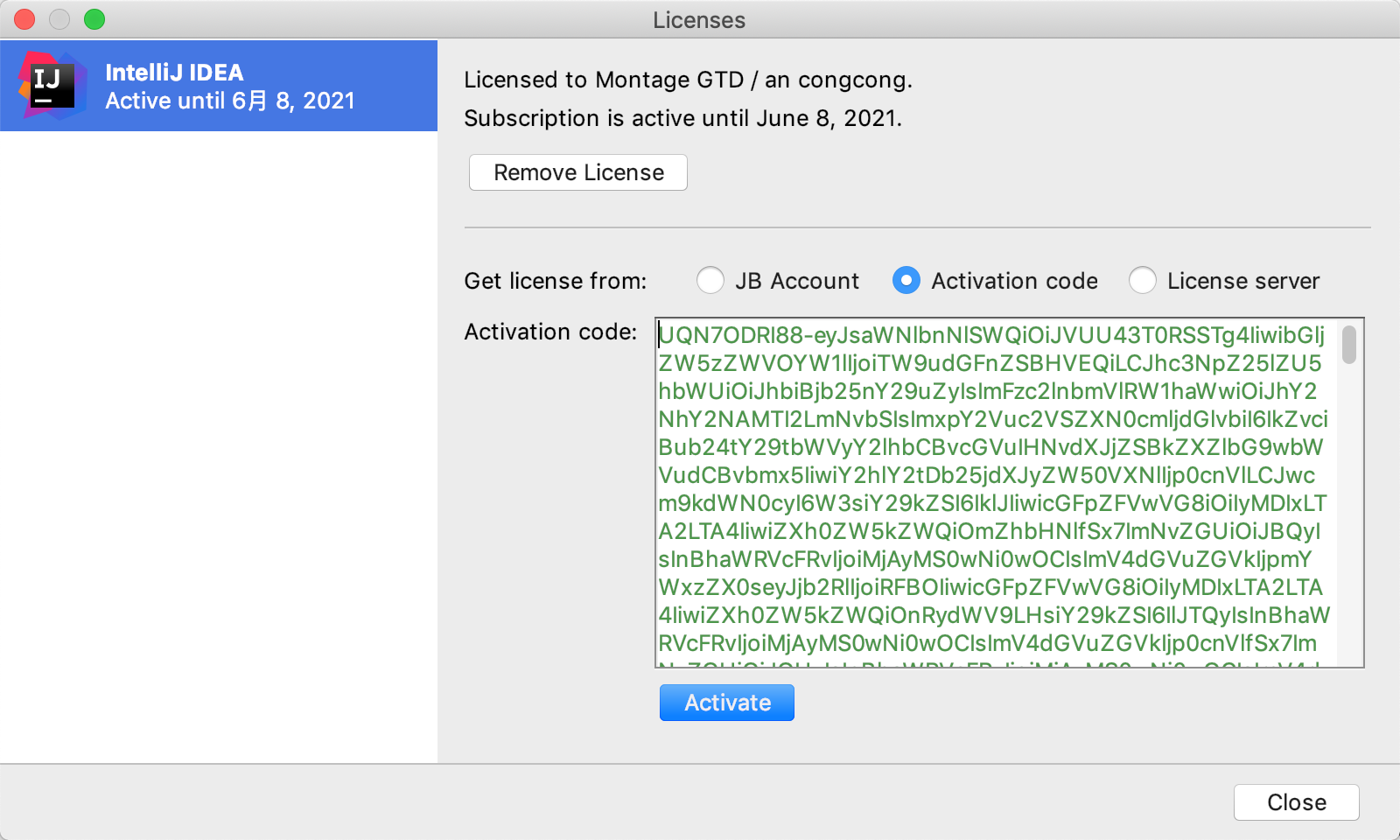北京可以做便宜核酸的几十家医院整理
随着奥密克戎新冠毒株也流入国内,每年一度的春节也要来临,出京好多地方也要核酸检测,进京也改成了必须要两次核酸,好像我们好多人都免不了做多次核酸检测,这周正好陪我妈去做了一次核酸,简单整理了一下当前北京可以做便宜核酸的各大公立医院的情况~
核酸的单检与混检
本市第6次动态调整“新型冠状病毒核酸检测”项目价格,将公立医疗机构单样本检测价格降低至35元,5样本和10样本混合检测每样本价格降低至8元。关于进一步规范本市新型冠状病毒核酸检测收费行为的通知
选择混检一般会比较便宜,混检是指5-10个标本混在一个试管里,只用检测这一个试管里的试剂,一旦这个试剂阳性,需要把所有标本人员召回,分开单独检测,判断到底是哪个标本阳性,其他出结果的时间,途径应该跟单检没有不同。从概率上来说,阳性发生率这么低,混检跟单检其实没啥区别
四季青医院核酸流程
时间: 周一到周日上午 08 : 00-11 : 30 下午是13 : 00 – 16 : 00
价格:如果是定点医院,还可以再走医保,单检 35元/每人 混检 8元/每人
预约:预约地点是114挂号、和四季青医院公众号,如果预约显示无号了,大家可以直接去现场排队即可,当时没有预约,去了现场排队的,如果预约的话,可能会更快一些可以排到。
报告结果:一般官方说12小时出报告,实际上可能会更快,一般6个小时可能就会出来,上午做下午出,但是有出行的一定要提前打算,要稳妥考虑,报告会显示在健康宝,如果需要纸质报告出了之后在大厅打印再盖公章即可
Ps:去四季青医院时间是22年1月23号哈,大家留意时间
便宜核酸公立医院列表
实际上能到8元的便宜核酸医院均是提供混检的医院,大家记得也要去了选择混检这个选项,这里是整理到的列表,随着时间更新可能会有变动,大家也可以直接联系来沟通
- 四季青医院 (首推,114可约,约不上也可直接去现场排队)
- 肿瘤医院
- 老年医院
- 中西医结合医院
- 门头沟京煤集团总医院医院
- 通州中西结合医院
- 北京同仁医院南区(亦庄同仁)
- 友谊医院
- 良山医院(房山区)
- 昌平中医院
- 平谷岳协
- 平谷区医院
- 北京普仁医院
- 北京同仁医院崇文门东区
- 北京清华长庚医院(鼻拭子)
- 北京顺义医院
- 北京电力医院
- 北京丰台区博爱医院
- 北京丰台区右安门医院
- 通州妇幼
- 昌平区医院
- 门头沟中医院
- 延庆区医院
- 东直门医院通州分院
- 昌平沙河医院
- 八大处整形医院
- 密云妇幼
- 密云中医院
- 北京胸科医院(通州)
- 海淀妇幼保健院
- 平谷妇幼保健院
- 房山第一医院
防疫政策查询
最后祝大家出行愉快,可以在本地宝查询 北京去各地防疫政策查询



